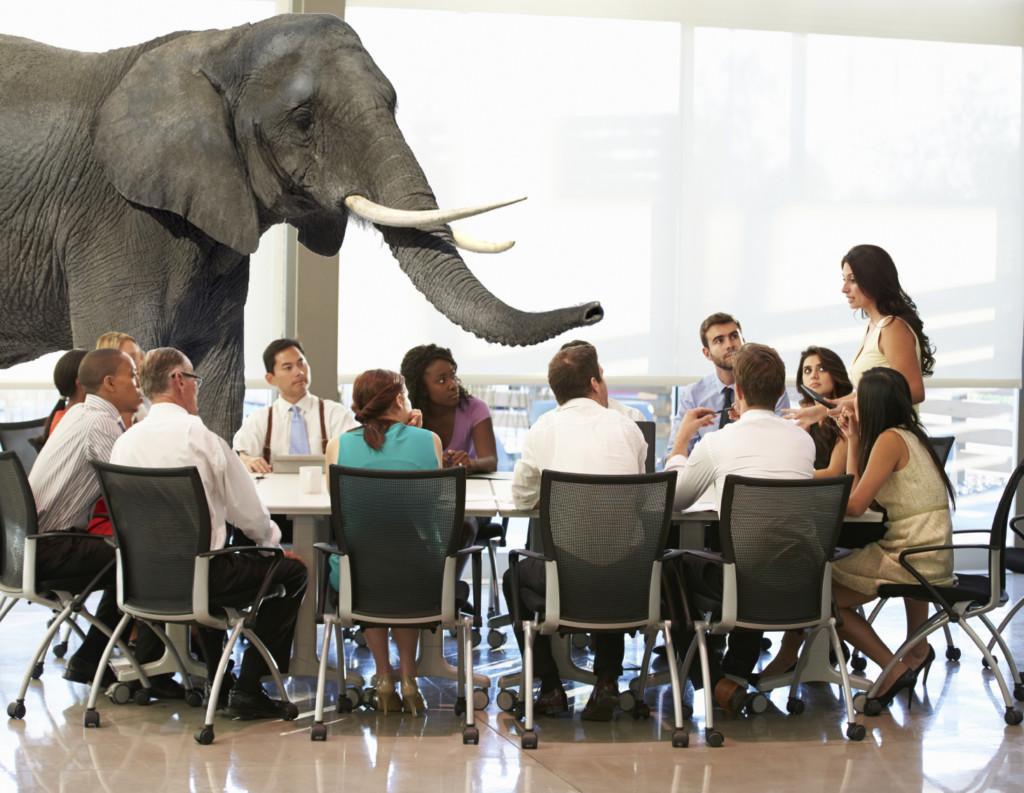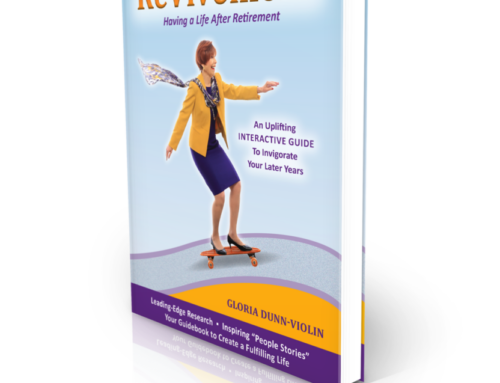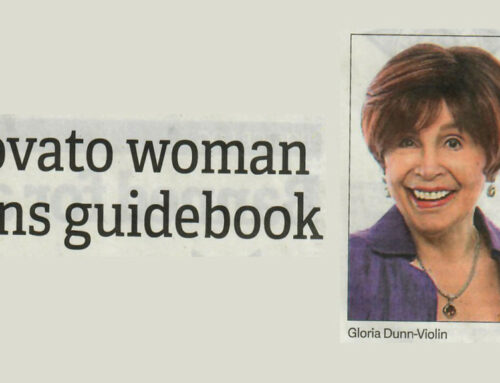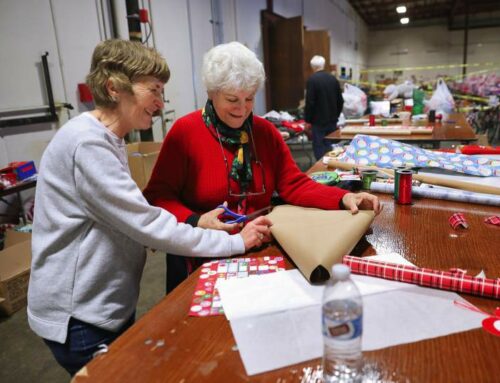There’s an elephant in the room that affects everyone at some time in their lives. It is the least talked about form of bias, yet crosses all cultures, religions, races and other aspects of diversity. It affects our parents, siblings, relatives, and everyone that we purport to like and love. The elephant is ageism. Yes, one more ism to add to the myriad of ways people downplay or denigrate someone who is different.
Ageism is rampant. We see people forced out of their jobs because they are a certain age. One young woman came up to me after one of my talks and told me about her grandmother, who because she was pushed out of her job at 75 died before she was 76. We see people not hired because of their age. Although research has shown that older people are competent, experienced, skilled, creative, energetic, and have good judgment to name just a few of their many attributes.
We hear and read words daily that undermine people over a certain age.
Harmful words and implications damage us emotionally and physically. “Negative stereotypes are hurtful to older people, and may also shorten their lives,” sites psychologist Becca Levy, PhD, assistant professor of public health at Yale University. In Levy’s study of 660 people 50 years and older, those with more positive self-perceptions of aging lived 7.5 years longer than those with negative self-perceptions of aging. Levy has found that older adults exposed to positive environments have significantly better memory and life balance, whereas negative self-perceptions contribute to diminished memory and feelings of worthlessness.
I may be addressing our older population here, but make no mistake about it, the same mistreatment of our younger generations harms their self-esteem, reduces their participation in positive activities, and thwarts their potential. So, although this conversation about ageism is focused on older people, the same outcomes are true for our younger people. They need our kind attention and positive words too.
Why do some people view others poorly? There are several reasons, but for this article, I’ll go with that some of it is not intended. It’s just the way it’s always been done. It could just be a learned behavior that was absorbed through early observation and unfortunate coaching. In the Broadway show, South Pacific, a song answers this question simply. The lyrics say: “You’ve got to be taught before it’s too late, Before you are six or seven or eight…, You’ve got to be carefully taught!”
We all want acceptance for who we are. So let’s start re-evaluating our thoughts about how we see others. Let’s be willing to change our clouded perceptions to reality. And, let’s change our behaviors to be more positive, more accepting, and more appreciative of individuals because of who they are, and not relegate them to a less than worthy place in society because of their age.
I challenge you to listen to your thoughts each time you are ready to judge or diminish someone based on age—younger or older. I ask you to think of the reason for your mindset. Then, decide if its time to change it, and take the higher road and be willing to invest in the greater good through your actions. Over time you will emerge as a positive protector of humanity with true acceptance for all.







